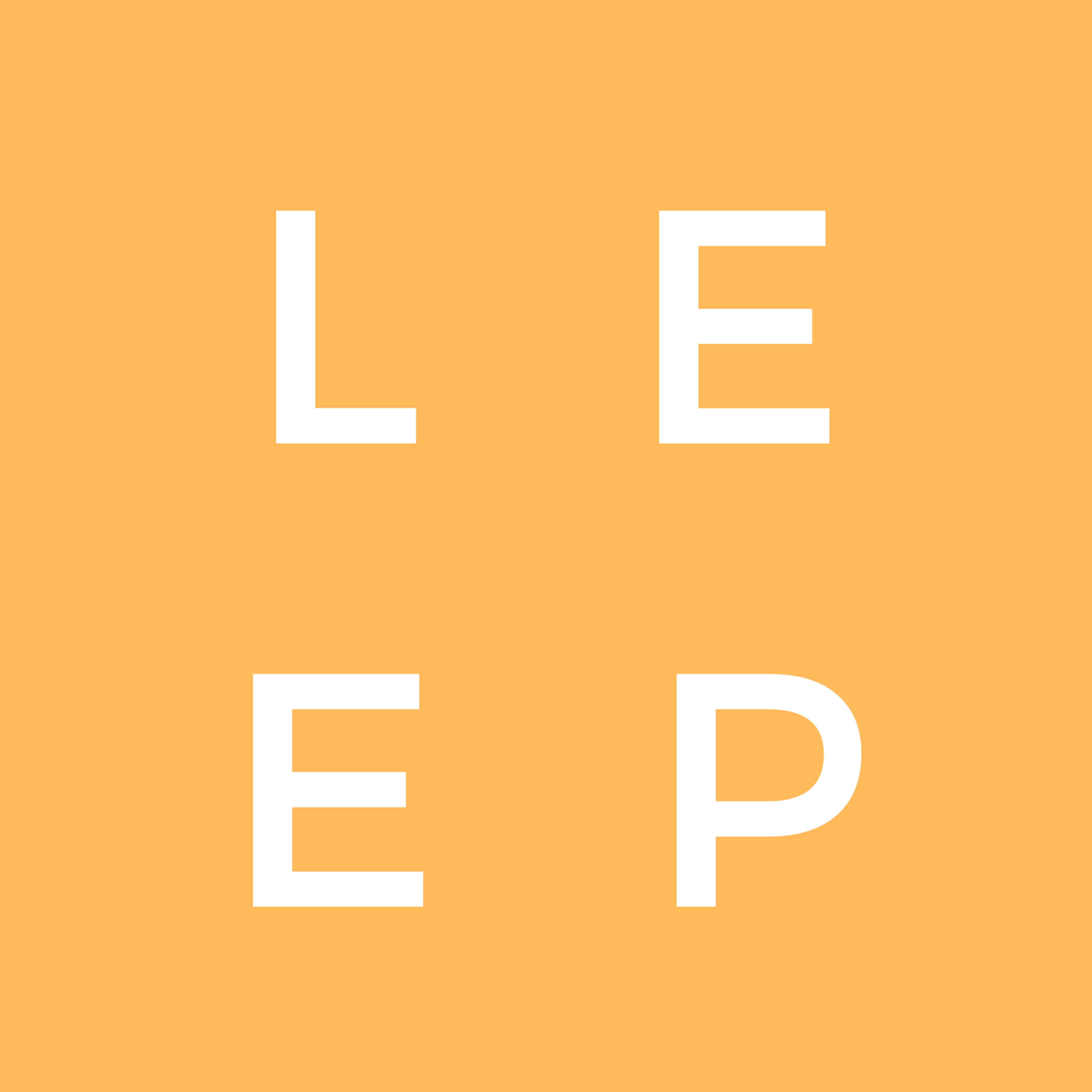
Lead Exposure Elimination Project
Lead Policy Advocacy
Lead Exposure Elimination Project (LEEP) works to eliminate childhood lead poisoning worldwide by partnering with governments, industry, and communities to remove lead from paint and other consumer products.
What problem is Lead Exposure Elimination Project (LEEP) working on?
An estimated 815 million children — one in three — around the globe have dangerous levels of lead in their bloodstreams, which can hinder their cognitive development and limit their future potential. 94% of these children are in low- and middle-income countries. In addition, adverse health effects related to lead poisoning account for 1% of the global disease burden, including causing 1 million premature deaths annually.
What does LEEP do?
LEEP’s mission is to eliminate childhood lead poisoning and improve the health, wellbeing, and potential of children worldwide. Its paint programs aim to end the market availability of lead paint with a five-step approach:
- Stakeholder engagement: Develop an understanding of the local context and begin collaborative conversations with government and industry stakeholders.
- Conducting paint studies: Determine whether lead-based paints are available on the market.
- Government outreach: Share its research with relevant government ministries and seek commitments for new regulation or enforcement of existing regulation.
- Industry outreach: Provide technical assistance to manufacturers to enable them to switch to lead-free paint.
- Conducting followup paint study: After regulations are newly implemented or enforced, carry out another study to ensure that lead-based paints have successfully been replaced.
Since its founding in 2020, LEEP has:
- Launched lead paint elimination programs in 37 countries and completed paint studies in 22;
- Agreed on goals to establish lead paint regulation with government agencies in 18 countries;
- Received reports in 17 countries of manufacturers representing more than 50% of the lead paint market share (in that country) reformulating to lead-free;
- Conducted a repeat paint study in Malawi, which showed more than a 50% reduction in lead paint market share since the initial study in 2021;
- Expanded beyond lead paint to address other major sources of exposure. LEEP has conducted prioritization research to identify important and tractable sources, trained food authorities to detect and enforce lead regulations on spices, and carried out studies on lead content and usage in both spices and cosmetics.
If progress continues as expected, LEEP estimates that its programs will reduce lead poisoning in tens of millions of children.
What information does Giving What We Can have about the cost-effectiveness of LEEP1?
We previously included LEEP as one of our recommended charities based on Founders Pledge’s evaluation highlighting its cost-effectiveness. Founders Pledge found that:
- LEEP’s advocacy has been very successful.
- LEEP is extremely cost-effective — Founders Pledge estimates that it costs $1.66 to prevent one child’s lead exposure (in expectation), which makes LEEP one of its most cost-effective charities.
- LEEP has a standout team.
Other indicators of LEEP’s effectiveness include:
- LEEP is one of two organisations that Rethink Priorities recommended in its 2021 report for those who want to fund direct lead exposure work.
- LEEP has been awarded grants by Founders Pledge and Open Philanthropy
- LEEP performed a preliminary cost-effectiveness analysis of its paint programme in Malawi, which suggested that its interventions are highly cost-effective and impactful (in expectation). It also updated this model in 2024.
We’ve since updated our recommendations to reflect only organisations recommended by evaluators we’ve looked into as part of our evaluator investigations and chosen to rely on; as such, we don't currently include LEEP as one of our recommended programs but you can still donate to it via our donation platform.
At Giving What We Can, we focus on the effectiveness of an organisation's work -- what the organisation is actually doing and whether their programs are making a big difference. Some others in the charity recommendation space focus instead on the ratio of admin costs to program spending, part of what we’ve termed the “overhead myth.” See why overhead isn’t the full story and learn more about our approach to charity evaluation.